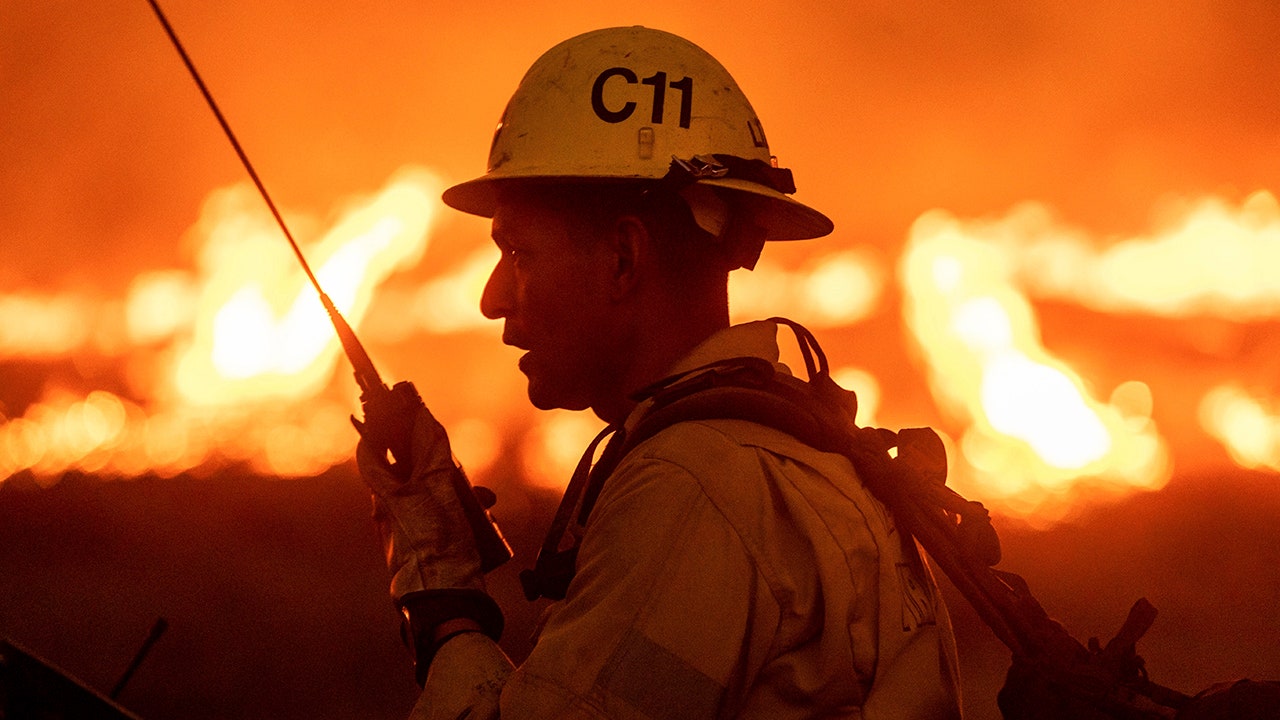The World Health Organization (WHO) has officially declared mpox a global health emergency.
This declaration comes as the virus, known for causing lesions across the body, continues to spread across several African nations, including Burundi, Kenya, and Rwanda.
Freedom-Loving Beachwear by Red Beach Nation – Save 10% With Code RVM10
Since the beginning of the year, the Democratic Republic of Congo (DRC) has reported over 13,700 cases and 450 deaths due to the virus.
The rise in numbers has pushed WHO to categorize the situation as a “public health emergency of international concern.” This category has previously been used for significant outbreaks like Ebola and the COVID-19 pandemic.
“It’s clear that a coordinated international response is essential to stop these outbreaks and save lives,” said WHO Director-General Tedros Adhanom Ghebreyesus. He further emphasized that “stopping these outbreaks will require a tailored and comprehensive” reaction from communities.
NOW – WHO’s Tedros declares global “mpox” emergency. pic.twitter.com/2CPJE1JUFR
— Disclose.tv (@disclosetv) August 14, 2024
The declaration follows a recent assembly of WHO experts who convened to evaluate the growing threat of the mpox virus in Africa. Reports from the Manchester Evening News indicate that the Africa Centres for Disease Control and Prevention (Africa CDC) have expressed concern about the spread of a new strain of mpox across the continent.
In addressing the Emergency Committee, WHO noted that mpox has been present in the DRC for over a decade, with cases steadily increasing each year. The situation escalated significantly last year, and this year has already surpassed last year’s totals, with more than 14,000 cases and 524 deaths reported.
Of particular concern is the emergence and rapid spread of the clade 1b strain in the DRC, which seems to be primarily transmitted through sexual networks. This strain has also been detected in neighboring countries, which have not previously reported cases of mpox, including Burundi, Kenya, Rwanda, and Uganda. WHO stated, “We are not dealing with one outbreak of one clade – we are dealing with several outbreaks of different clades in different countries with different modes of transmission and different levels of risk.”
The opinions expressed by contributors and/or content partners are their own and do not necessarily reflect the views of LifeZette. Contact us for guidelines on submitting your own commentary.
Read the full article here


![WHO Declares Global Health Emergency Over Monkeypox Outbreak In Africa [VIDEOS] WHO Declares Global Health Emergency Over Monkeypox Outbreak In Africa [VIDEOS]](https://www.rvmnews.com/wp-content/uploads/2024/08/2024.08.15-11.09-rvmnews-66bde20409545.jpg)





![Karen Bass Defends Fire Cuts, Botches Relief Website [WATCH] Karen Bass Defends Fire Cuts, Botches Relief Website [WATCH]](https://www.lifezette.com/wp-content/uploads/2025/01/2025.01.09-09.11-lifezette-67803b8d32315.jpg)

